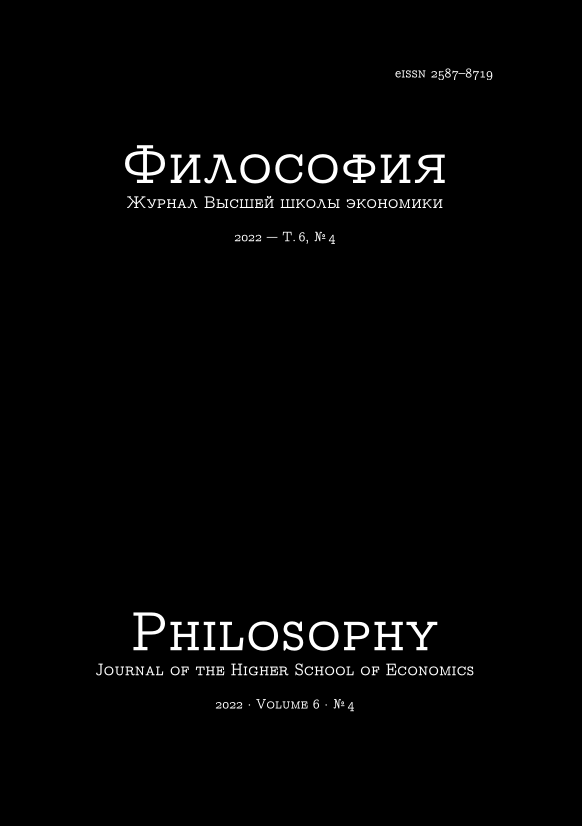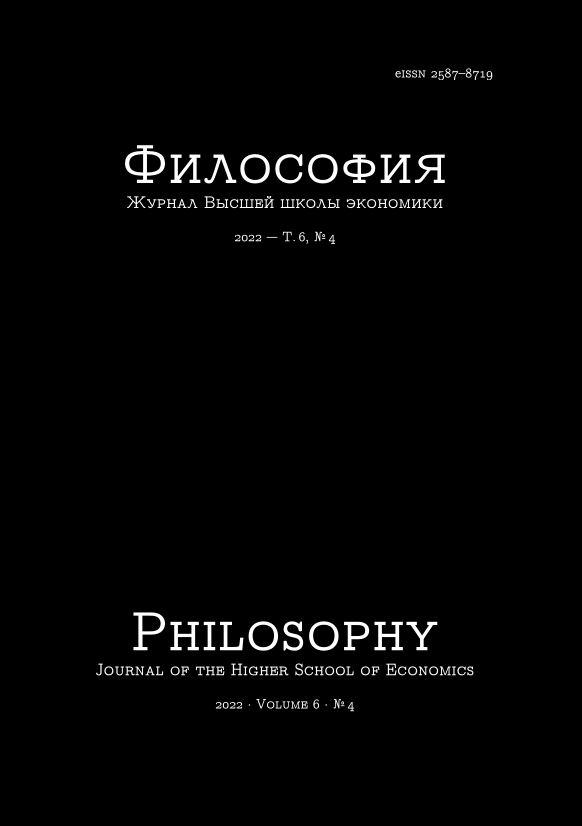
Medieval culture elaborated a notion of power from the classical Roman and Christian heritage of the Early Middle Ages. That is the reason why medieval authors were not fully aware of the concept of “the Political”; and when they had to speak about political matters, they generally used one of two principal discursive modes: juridical or theological. Roman thought provided the concept of power with a terminological apparatus (words such as potestas, auctoritas, dominium, imperium, and iurisdictio), and comprehension of power as a property of one or another social position. Such interpretation of power made possible the appearance of the medieval conception of emperor's potestas — it is well known that during the whole Middle Ages the emperor was an elective leader, who, officially, received his power from the people according to lex regia. Those who decided the next emperor's candidature were not the people but prince-electors and the Holy See. However, the juridical fiction of the electio populi conserved its importance all the time.
Christian theology added to the Roman “republican” interpretation of power the sacral or “vertical” dimension. According to Paul's Epistle to Romans, “there is no power but that of God” and, as a consequence, each person who “resisted the power, resisted the ordinance of God” (Rom. 13:1–2). In contrast to the Roman practics, where power could be reached by completing some well-known procedures (an electoral campaign, e.g.) and hence it could be interpreted as the desired result, as a prize for a victory, in Christian thought the situation was different. According to theologists, the power of Christian monarchs, the “God's ministers” (Rom. 13:4), was more like a burden than a reward for their virtues. The great responsibility that power imposed upon the shoulders of rulers required them to sacrifice their time, strength, and even lives for the sake of their subjects' souls.
Thus, a good king was, in fact, a sort of martyr. Isidor of Seville stressed this in his Sententiae stating that the kings who rule piously, after their death would remain kings in eternity. Isidor's favourite disciple and closest friend, Braulio of Saragossa, wrote in one of the laws of Liber iudiciorum that “a good prince ruling well his kingdom, and making foreign conquests, maintaining peace at home, and overwhelming his foreign dversaries, is famed both as the ruler of his state and a victor over his enemies, and shall have for the future eternal renown, after terrestrial wealth, a celestial kingdom after the diadem and the purple, a crown of glory, nor shall he then cease to be king; for when he relinquished his earthly kingdom, and conquered a celestial one, he did not diminish, but rather increased his glory”.
Later, the same metaphorical line was used by authors of the Carolingian conception of the royal unction. They interpreted the sign of the cross, which the King received during the unction procedure upon his right shoulder, as a metaphor for Jesus' cross burden. The King, as a result, became a Deus per gratiam or Christus per unctionem and his rule was explained as an analogy of the final Christ's road, the Via Crucis.
Based on the above, we have compiled several works in this issue that deals with the theme of power in medieval thought, interpreted from various positions. Nikolay Antonov and Elga Kanayeva study the Byzantine aspect of the theory of power. Their articles describe the confessor's hypostasis (shepherd, physician, and intercessor) from one side, and analyze the arche of the priest from another. They both deat with the concept of charisma introduced by st. Paul, later developed in Byzantine thought. The issue continues with three other articles, where the European Latin position is exposed. Firstly, the text of Sebastián Provvidente deals with the struggle between conciliarists and papists during the famous Council of Constance. Secondly, Arina Zaytseva's article stays within the Canon law field and analyzes the correlation between the concept of justice and that of ius strictum in the “Processus Sathanae contra genus humanum”, a treatise which is ascribed to Bartolo da Sassoferrato. Finally, the brilliant study of Joseph O'Callaghan that closes this issue, deals with the famous Castilian theologist Juan Gil de Zamora and the instructions that he gave to Sancho IV, king of Castile, while he was an infant.
The book review section opens with a text by Nikita Fedonnikov, who reviewed a collective monograph dedicated to the image of tyranny in European medieval thought. Fedor Nekhaenko makes an excellent review on the recently published course read by Alan de Libera at College de France.
We hope that the reader will find a coherent path that both denotes and explains some of the central points that occupied medieval thought concerning power and its use.
Daniel A. Panateri and Alexander Marey






